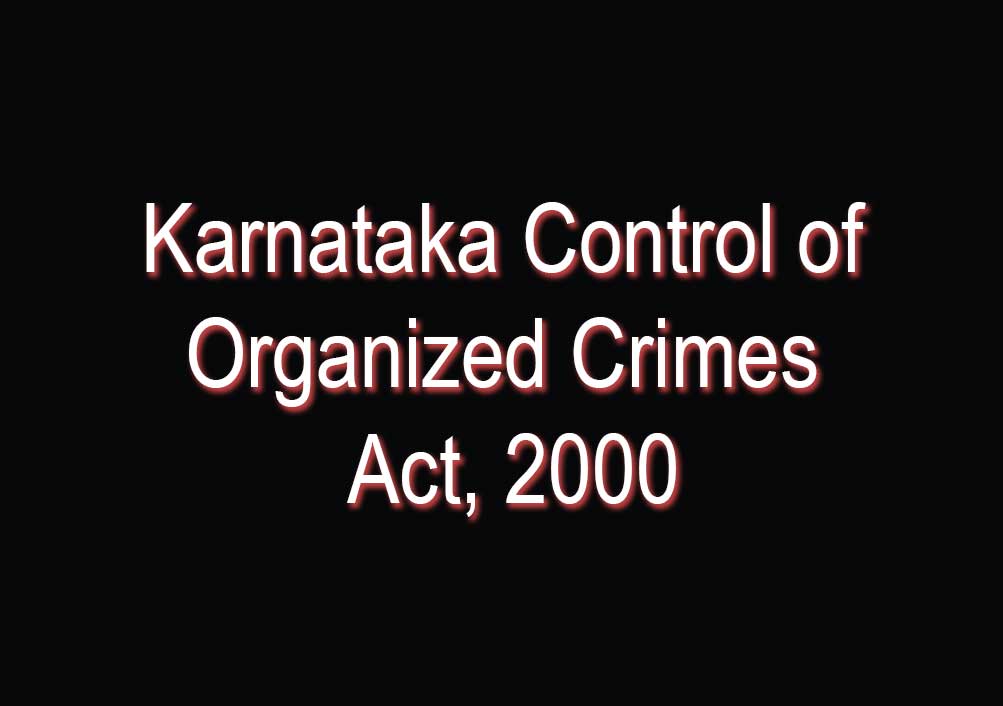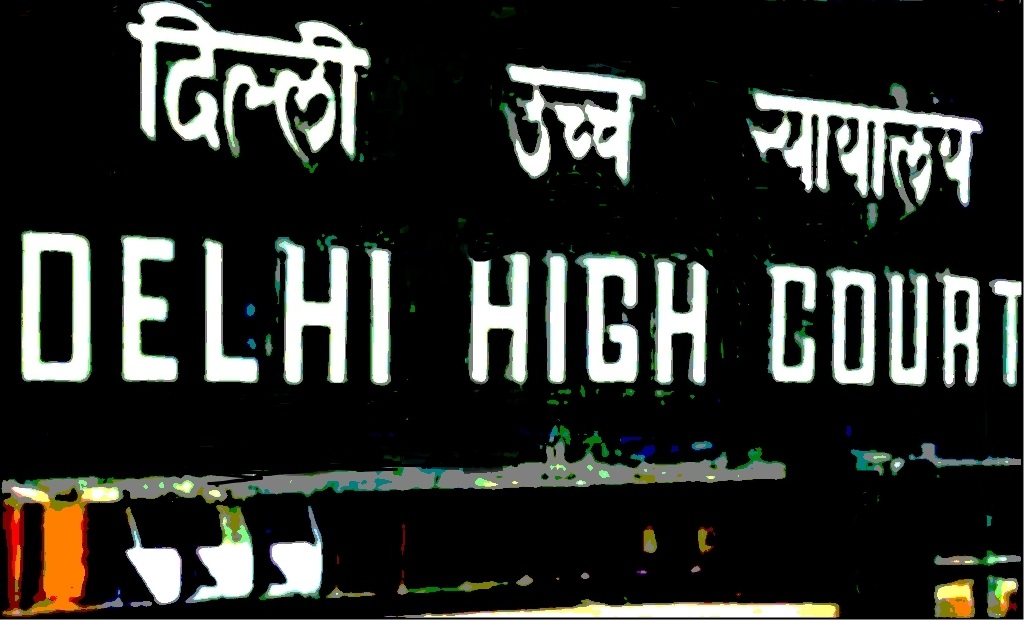As long as incidents in earlier crimes are committed by group of persons and one common individual is involved in all, offence under Karnataka Control of Organized Crimes Act,can be invoked:SC

Read Judgment: Kavita Lankesh vs. State of Karnataka & Ors
Pankaj Bajpai
New Delhi, October 22, 2021: The Supreme Court has opined that information regarding commission of an offence of organized crime under the Karnataka Control of Organized Crimes Act, 2000, can be recorded by a police officer only upon obtaining prior approval of the police officer not below the rank of the Deputy Inspector General of Police.
As long as the incidents referred to in earlier crimes are committed by a group of persons and one common individual was involved in all the incidents, the offence under the 2000 Act can be invoked, added the Court.
A Larger Bench of Justice A.M. Khanwilkar, Justice Dinesh Maheshwari and Justice C.T.Ravikumar observed that only after registration of FIR, investigation for the concerned offence would proceed in which the details about the specific role and the identity of the persons involved in such offence can be unravelled and referred to in the charge-sheet to be filed before the competent Court.
The observation came pursuant to appeals challenging the judgment passed by the Karnataka High Court which had quashed the order issued by the Commissioner of Police, Bengaluru City according prior approval to invoke offences u/s 3 of the 2000 Act against Mohan Nayak.N (private respondent) being crime registered with Rajarajeshwari Nagar Police Station and to enquire into the same.
Going by the background of the case, one Gauri Lankesh (a leading journalist), was shot dead on September 5, 2017 by certain unknown assailants near her house at Rajarajeshwari Nagar, Bengaluru. Accordingly, a complaint was lodged by her sister Kavitha Lankesh, which came to be registered for offences punishable u/s 302 of the IPC and Section 25 of the Arms Act, 1959.
In the course of investigation, a preliminary charge-sheet came to be filed against the concerned accused by Special Investigating Team (SIT) and the crime was then committed to the City Civil and Sessions Judge. The Investigating Officer (IO) then sought permission of the Magistrate to file an additional charge-sheet u/s 173(8) of the CrPC as the investigation was still underway.
In the meanwhile, the private respondent was arrested. However, further investigation revealed that the accused persons were involved in organized crime as a syndicate which attracted the provisions of Section 3 of the 2000 Act.
When the matter reached High Court, it was noted that the role of Mohan Nayak.N, as imputed by the prosecution, was that he had acted on instructions of co-accused Amol Kale to take a house on rent in the guise of running an acupressure clinic, which was in fact meant to accommodate the members of the syndicate and even after commission of murder of Gauri Lankesh, he harboured the actual assailants.
After noticing that most of the accused were not charge-sheeted in any single case for cognizable offences, nor cognizance of such offences had been taken by a competent court against them as required u/s 2(1)(d) of the 2000 Act, the High Court concluded that the private respondent was not engaged in continuing unlawful activity and hence, he cannot be proceeded further.
After considering the submissions, the Apex Court found that the original FIR registered in the present case was for an ordinary crime of murder against unknown persons. Rather, the material regarding offence having been committed by an organized crime syndicate was not known.
The relevant information came to the fore only after investigation of the offence by the SIT, added the Court.
The Larger Bench opined that the observations made by the High Court clearly revealed that it has glossed over the core and tangible facts, as without analyzing the material presented along with charge-sheet on the basis of which cognizance has been taken by the competent Court, the High Court had committed manifest error and exceeded its jurisdiction in quashing the charge-sheet filed before the competent Court qua Mohan Nayak.N regarding offences u/s 3(1)(i), 3(2), 3(3) and 3(4) of the 2000 Act.
The Top Court further noted that, while considering the proposal for grant of prior approval u/s 24(1)(a) of the 2000 Act, what is essential is the satisfaction of the competent authority that the material placed before him does reveal presence of credible information regarding commission of an offence of organized crime by the organized crime syndicate and, therefore, allow invocation of Section 3 of the 2000 Act.
As a consequence of which, investigation of that crime can be taken forward by the Investigating Agency and charge-sheet can be filed before the concerned Court and upon grant of sanction by the competent authority under Section 24(2), the competent Court can take cognizance of the case, added the Court.
The Larger Bench clarified that at the stage of granting prior approval u/s 24(1)(a) of the 2000 Act, therefore, the competent authority is not required to wade through the material placed by the Investigating Agency before him along with the proposal for grant of prior approval to ascertain the specific role of each accused.
The competent authority has to focus essentially on the factum whether the information/material reveals the commission of a crime which is an organized crime committed by the organized crime syndicate, added the Bench.
Sign up for our weekly newsletter to stay up to date on our product, events featured blog, special offer and all of the exciting things that take place here at Legitquest.




Add a Comment